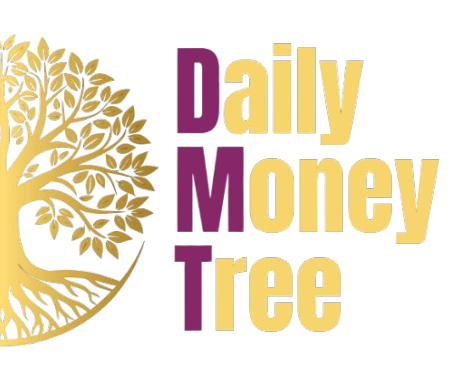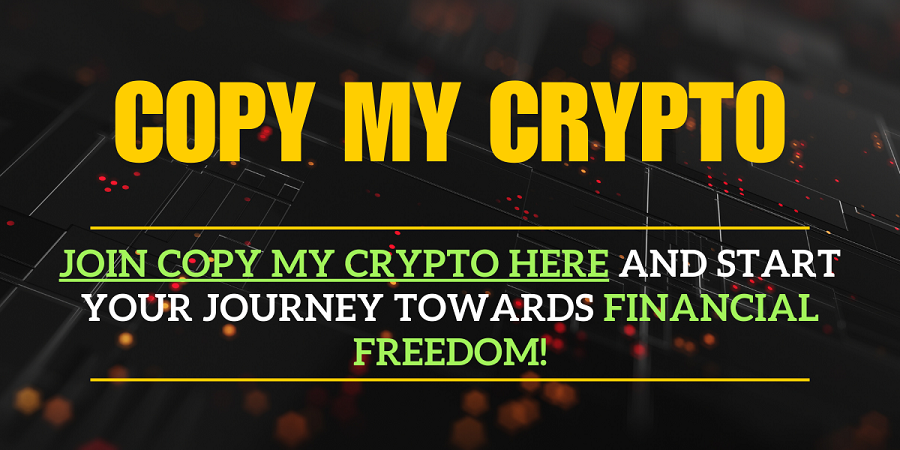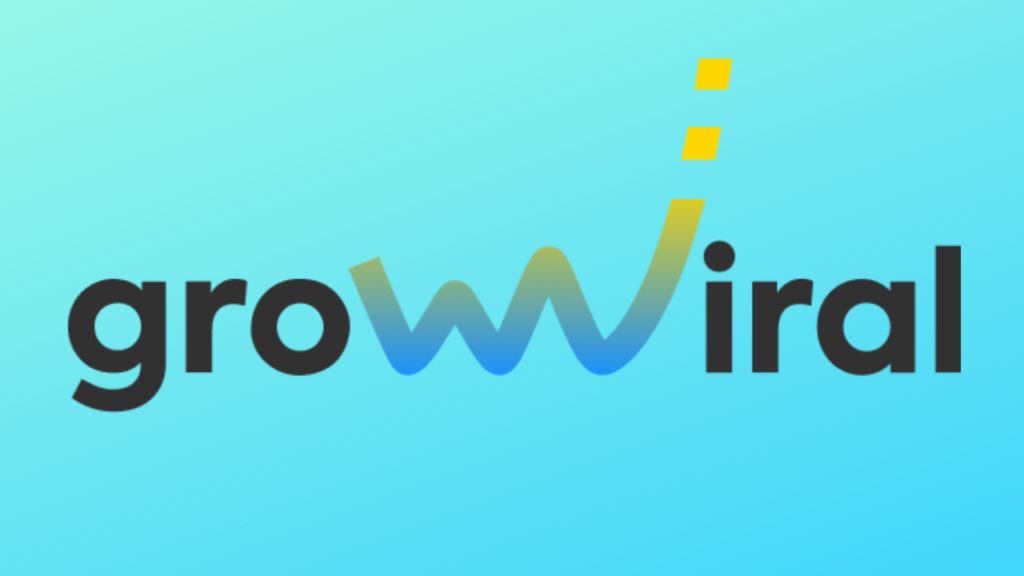Becoming a freelancer is an increasingly coveted goal: no obligation to work hours and locations, more flexibility, and more free time. Here’s how to do it.
Becoming a freelancer – and in particular, becoming an online freelancer – and living the so-called freelance lifestyle is an increasingly coveted goal, especially for the many advantages that this lifestyle entails: no obligation to set fixed hours or predefined work locations, more free time, and the freedom to work sitting on the sofa at home.
But is everything really so pink and flowery? What does it really mean to be freelance? And how to become one? And what are the best jobs we can do as freelancers?
In this article I want to talk to you about this starting from my experience, since I have been working as a freelancer for over 10 years, even before the smart working boom, when people were still surprised when you said you were working at home.
Instead, I will not talk about technical and bureaucratic things, such as how to open a VAT number, because it is not a subject that I know so well and that any accountant can explain to you better than me.
Instead, I will tell you step by step what works and what doesn’t in freelance life, the best things about self-employment but also all the hassles, so that you can put everything on the scales and decide if this is the life you really want to take.
Freelance lifestyle: what it (really) means to be a freelancer
Living a life as a freelancer therefore mainly means having the freedom to decide independently when, how, where and with whom to work.
While it may seem like crazy cool at first glance (and in some ways it really is!), Working as a freelancer also puts you in front of the downside, namely:
- find your customers yourself
- deal personally with all bureaucratic and tax aspects
- accepting to work often in solitude and without leaving the house for days
- learn to organize their times and spaces, especially if shared with screaming partners / pets / children.
When working at home, it’s also important to let your friends and family know right away that being a freelancer doesn’t mean staying home and filling up on Netflix series, and therefore, they can’t call or ring the bell at all hours of the day. with the excuse of “so you’re at home”.

On the other hand, being freelance also means working on projects, not by the hour. This means being able to carve out a lot of free time if we manage to organize our work meticulously, at least in theory.
In practice, then, it takes a lot of discipline not only to work constantly but also to carve outbreaks in which to rest.
Talking to many colleagues, in fact, we all have the same problem: we never disconnect from work.
Unlike an employee who can do whatever he wants when he leaves the workplace, freelancers do not leave the workplace and this leads them to work continuously for many, many hours a day, more than any employee.
But being freelance means above all doing a job that we deeply love. It is also for this reason that we often remain working even for 12 straight hours without realizing how much time has passed.
How much does a freelancer earn
Everyone talks about freelancing but then when it comes to numbers, chaos happens.
Who boasts a trillion million euro figure, in front of his house with a swimming pool in Dubai (rented on Airbnb) and the Rolex on his wrist (bought at a market stall) and who does not earn a cent and looks good to say not to pass for the loser of the moment.
So how much does a freelancer really earn?
The answer is simple: it depends. It depends on your skills, how you manage to diversify your income, your price list, the number of customers, the expenses to be incurred, and so on.
We can say that – potentially – a freelance’s earnings can range from $0 to infinity.
The problem with many freelance jobs, however, is that they are often not scalable. I’ll give you an example.
Let’s say that you follow clients and that for each client you carry out a project that takes 10 hours of work to complete. Granted and not granted that you want to work 10 hours a day every day, including weekends, it goes without saying that you can’t have more than 30/31 customers anyway.
So here is what is meant by non-scalability. And this is a chapter that must be taken into serious consideration when preparing a quote. We will talk more about this in a moment.
How to become a freelancer while working full time
One thing that most freelancers have in common is that of having started independent work as a side business, that is, having developed it in their spare time while being employed by some company.
This means most of the time having to sacrifice a large part of our free time and to work also – and above all – on weekends. But it is an investment that in the long run repays all the sacrifices made.
Therefore, if you do not have the possibility to leave your current job to dedicate yourself 100% to freelancing, then take these aspects into consideration and start thinking about leaving your job only when your own business begins to pay you at least the essentials to live.
If, on the other hand, you are not working or you can quit your job, you will certainly be able to gain financial independence as a freelancer more quickly.
If you don’t know exactly what you want to “grow up”, also take a look at the online business ideas that you can start today. And once you have decided which decision to take, you are ready to start your own business as a freelancer.
But what are the steps to start a freelance business? Let’s see them in detail.

Define your goals
The first step is to clearly and measurably define the goals you want to achieve. In fact, if you do not know the results you want to achieve, it will be difficult to find the right path to take.
The first question you should ask yourself is: why do you want to freelance? To supplement your salary? Do what you love? To pursue a completely different career?
Once you’ve defined your first long-term goal, it’s time to develop a step-by-step strategy to achieve it. You must therefore define short-term goals, starting with your personal branding.
Develop your personal branding
Especially if you are starting from scratch in a new industry, it’s important to start making yourself known to potential customers and elevate yourself as an expert in a particular industry. This is done through personal branding.
Personal branding is therefore everything about our reputation, what characterizes our person, our values, and our belief system that creates our personal brand and differentiates us from our competitors.
But not only that: it is also the ability to transmit these values and to promote oneself on the market.
There are several ways in which you can develop your personal branding: opening a blog, through social media, commenting on blog articles in your niche, writing on forums but also in the offline world, for example by participating in meetups or industry conferences.
Improve your online reputation
By online reputation or digital reputation, we mean everything about you and your personal branding in the vast world of the internet and the consideration that the people of the web have of you and your brand.
It is therefore essential to take care of our online reputation, starting from social media to getting to images, your blog, comments, and reviews about you, your services, and your products.
There are several tools that can help you keep track of what is being said about you.
The first, most famous, and probably most used, is Google Alerts, a free tool from Google that allows you to enter one or more keywords (for example your name or your brand) and that sends you a notification every time someone on the web mentions you.

Find your niche
.Just like when starting a new blog, finding your niche is another important step to take if you want to become a freelancer. In fact, you have to intercept a slice of the public interested in your products or services in order to then identify your potential customers.
Let’s say you want to become a freelance photographer.
What you have to do is intercept a slice of people who might be interested in your services, perhaps professionals who need images (think only of bloggers, influencers or nightclubs) or individuals who are looking for photographers occasionally, perhaps for a party or an event.
Intercept your audience, make yourself known as a professional in the sector and show your skills. You can do this by creating a website, writing effective articles for your blog, or using social media, such as Facebook and especially LinkedIn.
Choose a specific niche, not too big, and aim to become the best photographer / programmer / whatever you want in that narrow circle of users.
Also remember that a profitable niche has 4 characteristics:
- It has a good number of people interested in the subject
- Discuss a topic you know well
- People are willing to spend some money
- You have something to sell in that niche.
Once you have caught the attention of your niche, you can move on to find your customers. A little secret: if you’ve worked well so far, customers will find you.
Find your clients (or let them find you)
When you start freelancing, one of the biggest hurdles we have to overcome is finding clients.
How can we make the first clients trust us and offer us a job if we don’t have experience and results to show?
The first piece of advice I can give you is to start collaborating with companies, so that they are the ones to find customers and pass you the first jobs. In this way it will be easier to create a portfolio of projects and results achieved.
This was exactly the path I followed. I worked on my personal projects, developing my personal branding and creating a good amount of content.
At the same time I worked with web agencies that allowed me not only to constantly train, but also to obtain projects to work on and that allowed me to make myself known and create a portfolio of results.
The second piece of advice I would like to give you is to regularly take care of your online presence, making yourself known and showing yourself an expert in your field. You can do this for example by creating your own website and actively participating in online discussions, for example in Facebook or LinkedIn groups.
There are also a number of freelance platforms that can help you find your first clients, such as Fiverr.
Set your prices
Another important step when deciding to freelance is to set our prices. Especially when we start from scratch, however, the biggest dilemma is just how much to ask.
When we are not yet experts in our field, in fact, it is natural not to ask for too high figures and we tend to play lower. A low figure, in fact, at first glance can guarantee us to find a higher number of customers in order to create a portfolio more quickly.
The downside, however, is that a low price also gives the perception of low value and it is therefore more difficult to increase one’s authority.
In my experience, the solution lies somewhere in between. Better to take home fewer customers but at slightly higher figures than to offer our skills for a few crumbs, and this is true even if we are still at the beginning.
To find out what the market prices are, contact other freelancers in your industry who offer the same services you want to offer.
Ask them for quotes and study how they work. In this way you can not only try to offer a better service but you can also get an idea of the competition’s prices.

Create your portfolio
Now that you have started your freelance business, it is important to create a portfolio not only of clients but above all of projects that you have followed (or are following) and of results achieved.
In this way, when you are contacted for new quotes or you propose to offer your services, it will be easier to get a new project and you can also significantly raise the prices by showing in advance the results you can get to your customers.
Unity is strength: networking
Another fundamental aspect in my opinion that is often underestimated by those who start their freelance career is networking.
By networking we mean creating stable and lasting relationships with other professionals linked to our work sector, exchanging skills, cultivating projects together and joining our forces.
Creating a network of professionals who have the same goals and our same vision is truly the key to success.
But how is a network created? It can be done in many ways, both online and especially offline.
One of the best ways to weave new working relationships is undoubtedly LinkedIn (if you want you can request a link from here) but also Facebook groups and social platforms in general.
However, offline remains in my opinion the best way to create a network of colleagues with whom to build new relationships. Just look for events in the area that relate to your work sector: meetups, training courses, conferences but also the same coworking allow you to meet many professionals.
The best professions for freelancers
Now that it is clear enough what the main steps to becoming a freelancer are, there are a couple of other issues that I feel should be addressed.
The first is: what are the best freelance jobs?
There are dozens, probably hundreds of rankings on the “best freelance jobs” (such as this one from StartUp Italia) but I prefer to start with another question:
what is meant by “best”?
If by best we mean “best paid”, then this ranking drawn up by Page Personnel with the 10 most requested and best paid jobs today may be useful:
- Affiliate Marketing Manager
- Growth Hacker
- Javascript Engineer
- Sea, land and air import-export operations
- Customs broker with license
- Export Manager
- Sales manager
- Computer engineer
- Oil & Gas Engineer
- Mobile Application Developer.
If by “best work” we mean your own personal satisfaction, then there is no ranking that can hold up: follow your passions.
In recent times, it seems that there is a race for greater earnings: gurus and paragurus who teach you how to earn more and more, how to make $100,000 in 2 months, how to trade and earn and so on and so forth.
How to organize your life and your space
Becoming a freelancer has many advantages, first of all that of choosing hours and places of work independently.
While this is a really cool aspect of self employment, you also have to come to terms with what this means in practice.
In particular, there are 3 aspects of the organization that every freelancer must never underestimate:
- the work space
- working times
- maintain concentration and productivity.

The best tools for freelancers
There are a number of tools that can help you run your freelance business. Here are my favorites.
Google Drive
If I could choose just one tool to keep to organize my freelance business, it would undoubtedly be Google Drive.
With Google Drive I can manage all my and my clients’ projects, save my documents and manage files and folders with clients and colleagues and I can have everything at hand from any device, just connect with your Google account.
With the free plan you can store up to 15 GB of files, so I would say there is a lot of space to use. If you need more space, the paid plans are still very cheap.
Evernote
Another tool that I love a lot and that helps me manage the million ideas that my mind is able to come up with every day is Evernote.
Evernote works a bit like a virtual notebook. You can save notes, projects, thoughts, ideas, audio, images, freehand drawings, web articles …
If inspiration comes suddenly or if you want to save content, then you can rely on Evernote.
Todoist
Todoist, on the other hand, is my virtual agenda, my calendar of the day.
Every morning when I get to my pc, the first thing I do is look at the tasks I have to do during the day. Work scheduling work is instead something I do every weekend (and Todoist reminds me to do).
Through Todoist you can manage each project individually but also have the general plan under control.
But the thing that convinced me the most to opt for Todoist was the fact that by creating a “Personal” project I can also insert all the personal appointments in the agenda that are synchronized in Google Calendar, so that I can concentrate my work when I am free from other commitments and vice versa.
FocusMe
A perfect tool to always keep concentration at the top is FocusMe.
In fact, FocusMe is a tool that helps me a lot to stop being multitasking and to stay focused on just one thing at a time, limiting as much as possible all the distractions of other apps, websites and notifications. And this has allowed me to significantly increase my economic income as well.
The tool is based on a concept as simple as it is effective: by limiting distractions we can do double in half the time. Also, wasting time means wasting money.
Becoming a freelancer: pros and cons
As you have understood, becoming freelance has many positive aspects and many satisfactions but also many responsibilities, duties and difficulties.
Before saying goodbye, I want to give you a small recap of all the positive and negative aspects of the freelancer lifesyle.

Pros
✅ Freedom from any time or place constraint
✅ Complete autonomy and management of one’s work
✅ Freedom to take holidays whenever we want
✅ Freedom to decide whether or not to accept a customer
✅ Ability to work where we want and with whom we want
✅ Potentially unlimited earnings
✅ We can create a network of professionals with whom to exchange skills, ideas, projects and customers
✅ Nobody controls our work but only the results we bring
Cons
❌ Management of all the bureaucratic and fiscal part
❌ No certainty of salary
❌ We have to find our customers ourselves
❌ Full responsibility for mistakes or unattained results
❌ We must learn to discipline ourselves both to work and to stop doing it
❌ Often we work in solitude
❌ If we lose a customer, we earn less.
We have come to the end of this journey on how to become a freelancer and what freelance lifesyle entails.
I hope that now you have clearer ideas and can decide with greater knowledge of the facts if this is the life for you.





